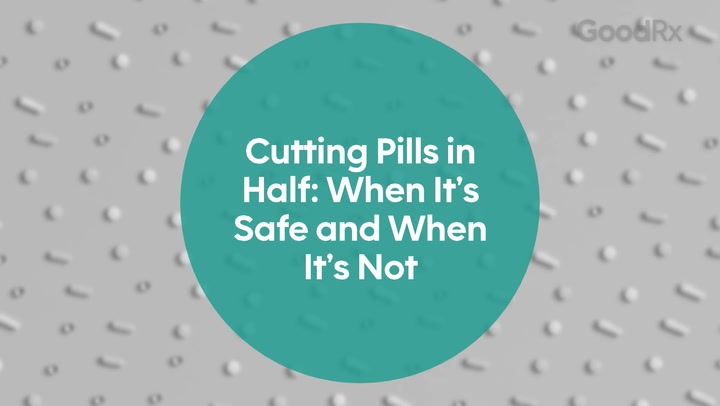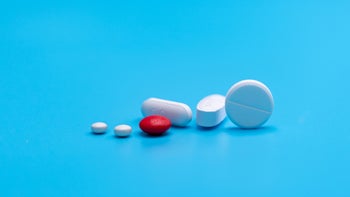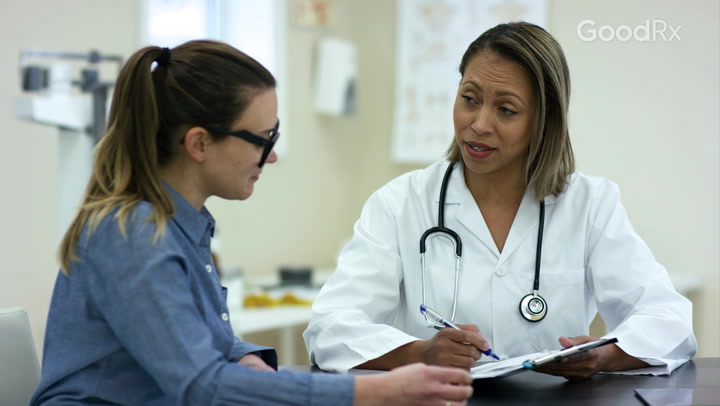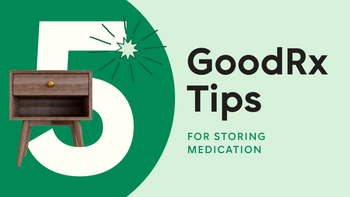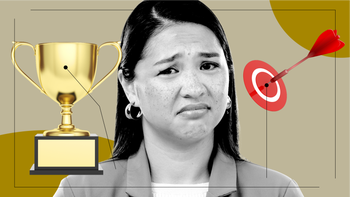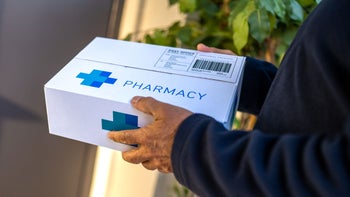
Picking Up a Prescription for Someone Else? Here’s What You Need to Know
Key takeaways:
In most cases, you can pick up a prescription for someone else. This includes prescriptions for controlled substance medications.
Expect stricter laws and policies for picking controlled substance prescriptions. Many states require you to present a government-issued identification, like a driver's license or passport.
Pharmacy pickup laws and policies will differ between states and individual pharmacies. Call ahead and ask what to bring with you if you’re not sure.
Table of contents
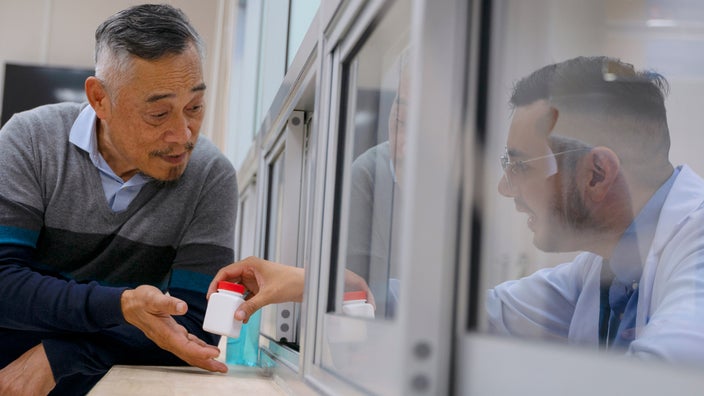
The Health Insurance Portability and Accountability Act (HIPAA) was established in 1996 to make sure your private medical information isn’t shared without your knowledge or consent. It’s a federal law that protects your privacy rights at any healthcare provider’s office, including pharmacies.
But sometimes, other people need to be involved in a person’s medical care. Like if a friend or family member asks you to pick up their prescription from the pharmacy. Is that allowed under HIPAA privacy laws? Below, we’ll discuss everything you need to know about how to pick up a prescription for someone else.
Can you pick up a prescription for someone else?
Yes, you can typically pick up a prescription for someone else. HIPAA allows a pharmacist to use their professional judgment when giving someone’s prescription to a friend or relative. You usually don’t need to notify the pharmacy ahead of time or give them the name of the person who will be picking up the prescription.
Search and compare options
But the pharmacist will need to verify that the person picking up the prescription is involved in the patient’s care. How pharmacists do that can be different depending on the state you live in or the pharmacy you go to. Laws differ between states and pickup policies may not be the same for every pharmacy.
Ways pharmacies verify
Usually, the pharmacy staff will ask you questions to verify the patient’s personal information, like their date of birth or address. It may be helpful to know the name of the medication you’re picking up for the other person. This can be particularly handy if the person has multiple prescriptions ready at the pharmacy, but only wants you to pick up some of them.
Some states have stricter laws with additional requirements. You might be required to show government-issued identification (ID), like a driver’s license or passport. Or there may be age restrictions. For instance, some states don’t allow minors to pick up prescriptions.
If you’re picking up someone else’s prescription, start by finding out what information you need to know or bring with you. You can usually find this on your state’s board of pharmacy website. But the easiest option is to make a quick call to the pharmacy. They can let you know what their pickup policies are.
Can the pharmacy refuse to give me someone else’s prescription?
Tried to pick up someone else’s prescription but got turned away? It happens. Remember, the pharmacist uses their professional judgment when giving prescriptions to a friend or family member. As frustrating as this is, keep in the mind that the pharmacist is trying to protect the patient’s privacy.
If this happens to you, ask specifics about why you’re being turned away. Perhaps it’s because you weren’t able to verify enough personal information about the person. Or maybe you forgot to bring an ID when state law requires one. Knowing this information can help you fulfill the requirements needed to pick up the prescription.
What if I don’t want anyone else to pick up my prescriptions?
If you’re looking for more security around your prescriptions, talk to your pharmacist. Pharmacies aren’t able to loosen pickup laws. But they can accommodate stricter policies if requested by an individual. And in order to do that, they need to know you don’t want anyone else picking up your medications.
Can someone else pick up my controlled substance prescription?
Yes, in most cases someone else can pick up your prescription for a controlled substance. Like regular prescriptions, pickup laws and policies will vary between states and pharmacies. And pharmacists are still required to use professional judgment and make sure the person picking up your controlled substance is involved in your care.
But expect stricter policies around pickups for controlled substances. Controlled medications are more likely to cause dependence or to be misused. To better protect the public, most states require pharmacies to participate in Prescription Drug Monitoring Programs (PDMPs). PDMPs track prescriptions for controlled medications and often require an ID to be scanned or input during prescription pickup.
How to pick up a prescription
Whether you’re picking up a prescription for yourself or someone else, start by following these four steps:
Check that your prescription is ready. There’s nothing more frustrating than going to the pharmacy and still needing to wait. Many pharmacies offer phone, text, or email notifications to alert you when your prescription is ready. You can also call the pharmacy to get a status update. Many have an automated system for this.
Gather what you need to bring with you. If you’re unsure what to bring, call your pharmacy. It’s usually a good idea to have your pharmacy insurance card, an ID, and a form of payment with you. If you’re going for a friend or family member, bringing a copy of their pharmacy insurance card with you might be helpful.
Go to the pharmacy. Most pharmacies have a clearly labeled, dedicated area for picking up a prescription. The pharmacy staff will guide you through the process. They will likely ask a few questions to verify your or the patient's identity. They may ask to see your ID.
Talk to the pharmacist. Pharmacists are there to answer all your medication questions. If you’re picking up a new medication, the pharmacist should go over what to expect. If you’re picking up for someone else, the pharmacist can provide a phone number where they can be reached for a consultation.
Home delivery services
Some pharmacies may offer home delivery services that shuttle prescriptions directly from the pharmacy to your door. This is different from mail order pharmacies, which usually don’t have in-person pickup options available. Availability and delivery policies are unique for each pharmacy.
Here are some important questions to ask your local pharmacy about using home delivery services:
What type of prescriptions can be delivered?
Do you have my current address and phone number on file?
Do I need to be home, or can my prescription be left on my doorstep?
How are refrigerated medications handled?
Do I need to show ID to receive my prescription?
Can someone else receive my prescription on my behalf?
Is there an extra fee for home delivery services?
How and when is payment processed? Will I need to present my credit card to the delivery driver?
How do I talk to a pharmacist if I have questions about my medication?
How to get medication while isolating
If you’re isolating due to COVID-19, the flu, or another contagious illness, it’s best to stay home. But there are still plenty of ways to get your medication if you can’t go to the pharmacy.
Here are some helpful tips:
Call your pharmacy. Not sure what you should do? Start by giving your pharmacy a call to let them know you’re isolating. They should have procedures in place for people who need to isolate and can offer suggestions on how to pick up your medication safely or have it delivered.
Ask a friend to pick up your prescription. As discussed in this article, someone else can usually pick up your prescription. Be sure to give them all the information they need to do this. They’ll likely need to know your date of birth and address, and they may need to show an ID.
Get your prescriptions delivered by a local pharmacy. As mentioned above, some local pharmacies may offer home delivery. There may be a fee for this service.
Use the pharmacy drive-thru. Can’t find someone else to pick up your prescription? Many pharmacies have drive-thru windows. If your pharmacy has one, it may be a better option than going inside the pharmacy. Be sure to wear a mask and alert the staff that you’re isolating due to illness. After you leave, they may need to disinfect things like pens and payment terminals.
The bottom line
In most cases, you can pick up a prescription for someone else, including controlled substances. Because of HIPAA laws, pharmacists are required to use their professional judgment when giving someone’s prescription to a family member or friend. They’ll need to verify that the person picking up the prescription knows the patient and is involved in their medical care.
Pickup policies and laws may be different depending on where you live or the pharmacy you go to. Pharmacy staff may ask you to verify the person’s personal information, or they may need to see your ID. Be sure to call ahead and ask the pharmacy what you should bring with you if you’re unsure.
Why trust our experts?



References
Centers for Disease Control and Prevention. (2021). Prescription drug monitoring programs (PDMPs).
Centers for Disease Control and Prevention. (2022). Health Insurance Portability and Accountability Act of 1996 (HIPAA).
Centers for Medicare & Medicaid Services. (2022). Are you a covered entity?
National Alliance for Model State Drug Laws. (2016). States that require ID prior to dispensing controlled substances or non-controlled prescription drugs.
U.S. Office for Civil Rights. (2002). Can a patient have a friend or family member pick up a prescription for her? HHS.gov.
Was this page helpful?
Related Articles
Browse medications
View AllResearch prescriptions and over-the-counter medications from A to Z, compare drug prices, and start saving.















